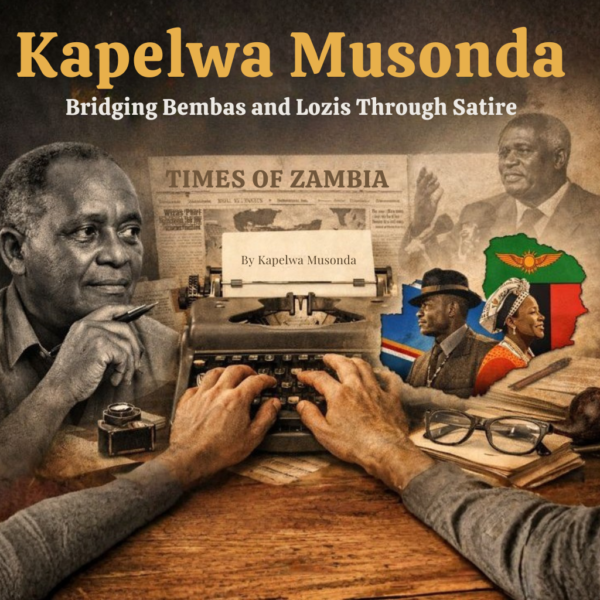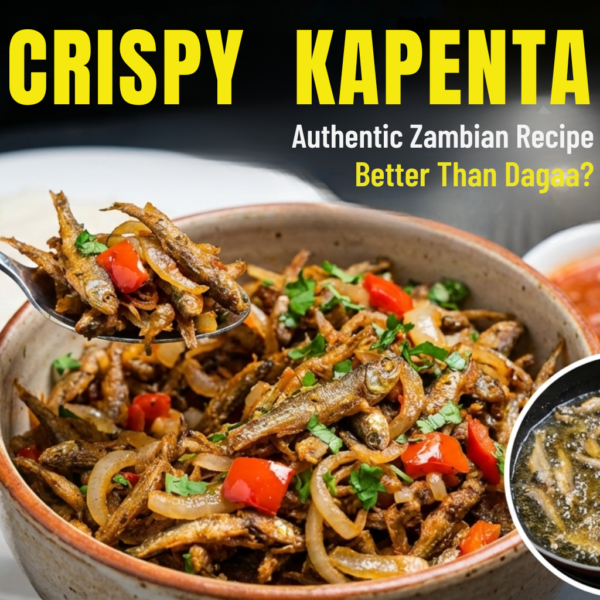Bemba Lesson 8
Learn how to read Bemba using simple methods.
The Bemba language is broadly based on the English alphabet.
Most words are based around the five vowels: A,E,I,O and U. (Vowel = A sound made by allowing air to flow freely through the mouth and throat)
When you take away the vowels from the 26 letters of the English alphabet, you are left with 21 consonants: B,C,D,F,G,H,J,K,L,M,N,P,Q,R,S,T,V,W,X,Y and Z ( Consonant = Sounds made by the partial or total obstruction of air flow in the mouth and throat. This can be done with the lips, the teeth, the tip of the tongue or the back of the tongue)
Except for the six letters of the alphabet that are either rarely used (J) or absent altogether from the Bemba alphabet (Q,R,V, X and Z), most of the consonants are pronounced the same as in English: B,C,D,F,G,H,K,L,M,N,P,S,T,W, and Y.
Most Bemba words are formed from a combination of a consonant followed by a vowel to make a distinct sound. Such a sound is called a syllable (= the letters of a word that are pronounced as one unit).
Simple words will usually be made up of one consonant followed by a vowel, e.g. “Ma”
For now, however, we will start with the very simple sounds that help you speak and read more easily.
You don’t need to worry about the five letters of the alphabet that are absent from the Bemba alphabet. (Q,R,V, X and Z). The letter “J” is a special case which we will discuss later.
The Bemba alphabet is different in another way; it contains a unique letter “ɧ” . To make life easier when typing and writing, this letter can be represented by “N’g”. It is pronounced “”n’g” as in the English word “singer”
Watch the video to learn a fast way of reading and pronouncing Bemba words.
Now that you are comfortable with syllables that are made of a consonant and a vowel, take a look at some Bemba words and have fun working out how to pronounce them using the method you have just learnt here.
Here are a few examples for you to read:
Awe (N0)
Leta (Bring)
Sala (Choose)
Kola (Intoxicate)
Pepa (Pray)
Belama (Hide)
Isa (Come)
Fuma (Go out)
Look out for a follow up on this lesson in the near future.
_____________________________


are there bemba words that begin with the letter H?
Hi Liz,
There are no Bemba words starting with “H”
It takes special effort for a Bemba person to say “House” (‘Ouse), Hector (‘Ector), etc.
The other letters absent from Bemba vocabulary are D,G,J,Q,R,V,X and Z.
Ba Editor,
Is there a way to determine if the letter C has the “ch” sound as in icibemba, or the soft or hard sound?
Natotela
Never mind, I was finally able to watch the video which answered this question. Natotela for this wonderful website.
Corrie,
Thanks for your feedback.
Are there any bemba words that begin with O
Hi Hilard,
Yes, there are Bemba words starting with “O”, e.g.
Onta = Bask
Ongama = Bend
Olola = Straighten
Onda = Thin
Oba = Row (a canoe)
Onaula = Damage
Onauka = Become damaged
Owe! = (Exclamation)
I have found the biggest difference with pronunciation compared to English is the letter C which is more like ch in Bemba. As well as the L which has a slight R sound and difficult to distinguish sometimes.
hello?
please help me with the difference between ca and Cha.. perhaps when are these two syllables are used.
otherwise have enjoyed the whole lot of the lesson.
It’s a very good job that you are doing, you are really helping us as primary teachers and adult literacy programme Carriers. On my own I appreciate your help and support because your site has helped me in teaching and learning local language.
Patience. Thanks for your feedback. We welcome suggestions on what people want us to cover in future lessons.